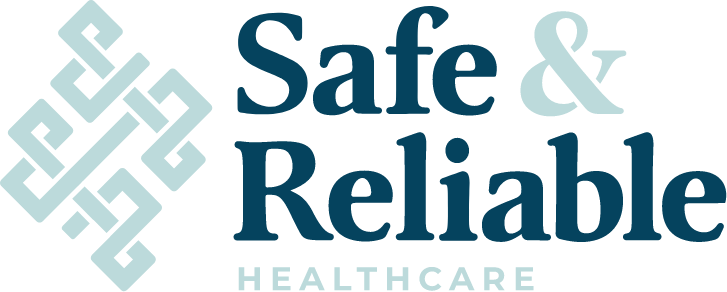Development and Expression of a High-Reliability Organization
By Robert A. Phillips, MD, PhD, Roberta L. Schwartz, PhD, H. Dirk Sostman, MD & Marc L. Boom, MD
A recently published article in the New England Journal of Medicine, highlights the great work our friends at Houston Methodist are doing on their journey toward high reliability. It has been an honor to play a part in their transformation.
You can read the article at catalyst.nejm.org. (FYI—the full article is only available to NEJM Catalyst subscribers)
Summary
Health care organizations have increasingly adopted the principles of high-reliability organizations to improve their safety and quality. These principles must be built into the culture of the organization as well as into the systems and frameworks used to improve processes and evaluate outcomes in a learning health care system. On the basis of its experience responding to disasters — including emerging diseases, tropical storms, and the Covid-19 pandemic — Houston Methodist has established a culture of continual improvement and a learning health care system that supports this goal. In this article, Houston Methodist’s leadership reviews the principles of high-reliability health care organizations, describes the tools and systems that Houston Methodist has used to adopt these principles, and explains how these efforts aided in operations during the pandemic.

